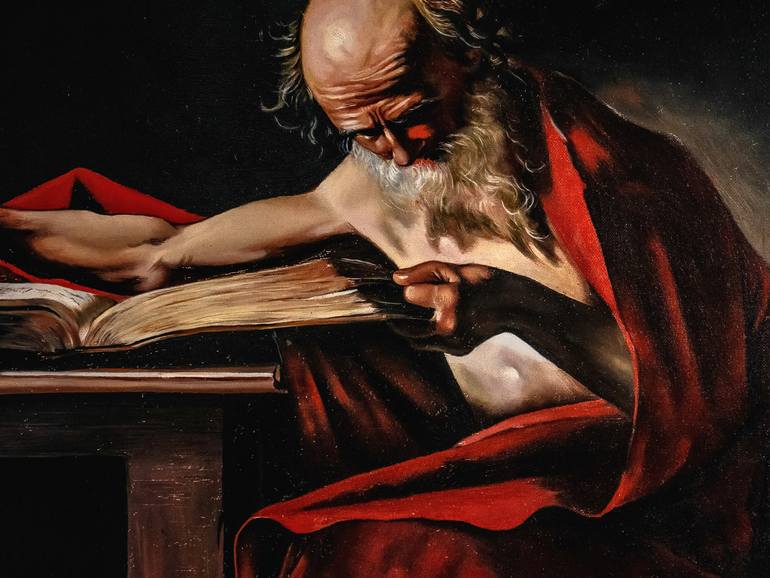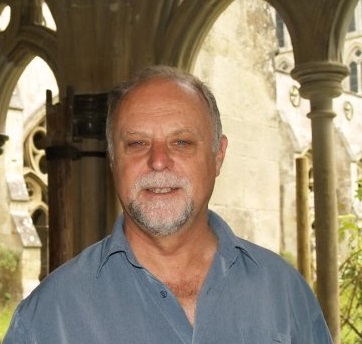Did early orthodox scribes corrupt Scripture? by Dr Kevin Rogers, 26 September 2024
November 16, 2024

In a previous video at • Is Jesus God – by Kevin Rogers I considered the topic “Is Jesus God?” This topic is related.
During the first 300-400 years after Jesus’ ministry, the early church formalised the doctrine of the trinity and finalised what books would be included in the New Testament canon. The orthodox believed that there was one God in 3 persons: Father, Son and Holy Spirit. Christ is eternally pre-existent, divine and became incarnate as a human being through the virgin Mary. However. the orthodox position was strongly contested by a range of ‘heresies’. There were those who taught:
• Jesus was just a man and was neither pre-existent nor divine (e.g., the Ebionites),
• Jesus was a man, but was adopted as son of God at his baptism or resurrection (adoptionism), or
• Jesus Christ was divine, but his humanity was an illusion (Docetism)
All of these positions deny either Christ’s divinity or humanity.
In “The orthodox corruption of scripture”, Bart Ehrmann claimed that, when copying the New Testament manuscripts, orthodox scribes modified (corrupted) some of the New Testament text to strengthen the orthodox position and refute the heretics. These variants were sometimes introduced prior to the earliest extant manuscripts thus creating uncertainty regarding what the original authors wrote. Textual criticism is the science of resolving the differences between the New Testament manuscripts to recover what the New Testament authors actually wrote. What Bart Ehrmann is saying is true to a degree. There are variants where scholars debate which is the original and you can see them in the Biblical footnotes (some manuscripts …). I go through some examples and then discuss the following issues:
• How bad is the uncertainty in our knowledge of the what the authors wrote?
• Does it affect our beliefs or theology?
• Does it affect the historicity of the Biblical accounts?
The presentation is published on YouTube.
Dr Kevin Rogers is the director of Reasonable Faith Adelaide. After a 40-year engineering career, he was a Research Fellow and lecturer with the University of South Australia but is now mainly retired.

